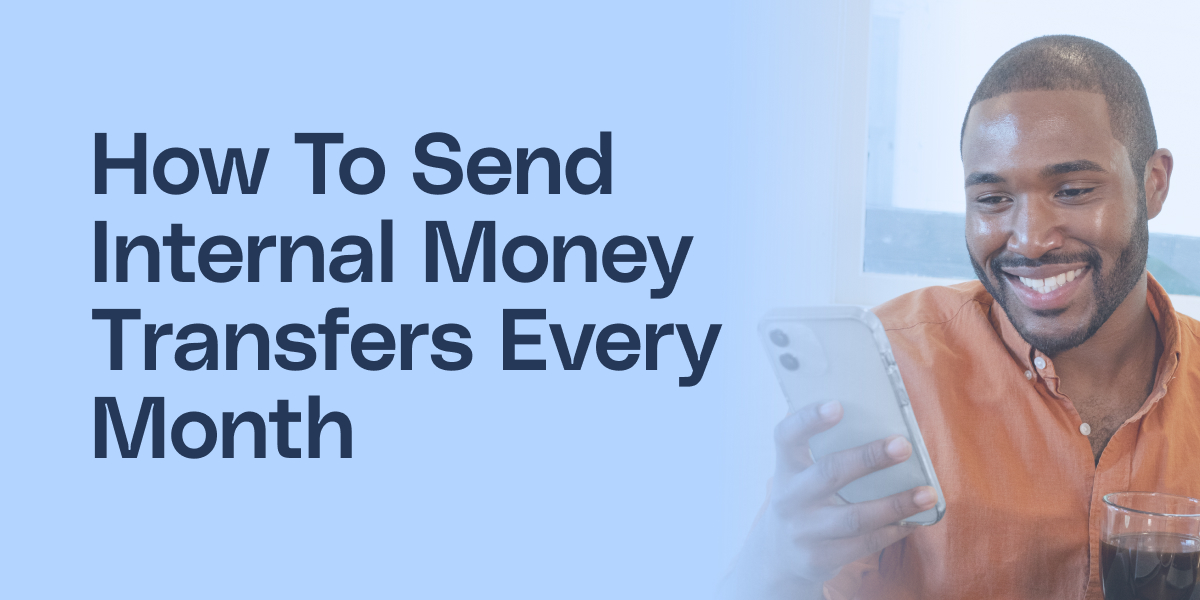For millions of Africans living abroad, sending money back home is more than a financial transaction—it’s a weekly act of love and responsibility. Whether you’re helping a family with groceries in Nigeria, paying for school fees in Ghana, or covering medical bills in Kenya, these transfers form a lifeline.
But here’s the catch: if you send money every week, the fees add up quickly. A $10 fee might not sound like much, but over 52 weeks, that’s $520—almost the cost of another full transfer. Add unfavorable exchange rates and hidden bank charges, and you could be losing hundreds each year without realizing it.
The good news? There are smarter ways to send money that help you save with every transfer. In this guide, we’ll break down the true costs, common mistakes, and practical strategies to keep more of your hard-earned money in the hands of your loved ones.
Why Weekly Transfers Are Common
Many immigrants and remote workers send money weekly instead of monthly. Reasons include:
- Family needs are immediate: Food, transport, and bills don’t wait until the end of the month.
- Irregular income patterns: Gig workers or freelancers often get paid weekly or biweekly, so they send as they earn.
- Peace of mind: Sending smaller amounts more frequently feels safer than one large monthly lump sum.
While this makes sense for family support, it also means you’re more exposed to transfer fees.
The True Cost of Sending Money Weekly
When people think of transfer costs, they often think only of the transfer fee. But there are three hidden cost areas you need to watch out for:
Transfer fees: This is the upfront cost you pay per transaction. With traditional banks or money transfer operators, fees often range from $5 to $15. Weekly senders feel this the most.
Exchange rate margin: Many services advertise “low fees” but quietly charge you in the exchange rate. Even a difference of 2% means that on $500, your family receives $10 less. Multiply that by 52 weeks—it’s $520 gone.
Hidden receiving charges: Some banks and mobile wallets in Africa deduct their own fees when money is received, cutting into what your loved ones actually get.
This is why it’s important not just to look at the advertised fee, but to calculate the real amount your family receives.
Common Mistakes Weekly Senders Make
Many immigrants lose money without realizing it. Here are the most common mistakes:
- Using traditional banks for remittances: They’re convenient, but fees and poor exchange rates eat away at your money.
- Not comparing services: People stick to the first app they tried, even if it’s expensive.
- Sending money in USD when the family needs local currency: Some services force recipients to convert at bad rates locally.
- Ignoring loyalty rewards: Weekly senders miss out on programs that give points or cashback for frequent use.
Smart Ways to Save on Every Weekly Transfer
Saving money doesn’t mean you have to send less—it means sending smarter. Here’s how:
- Choose zero-fee or low-fee services
Apps like Afriex allow you to send with zero transfer fees, so you’re not charged every week. Instead, you focus on getting the best exchange rate possible. - Watch the exchange rate closely
Since you send often, even small fluctuations matter. If you notice the rate is stronger one day, you can time your transfer. Some apps send you alerts when rates improve. - Bundle transfers if possible
If your family can manage, sending bi-weekly or monthly reduces the number of times you pay fees. But if weekly is a must, use a service with no per-transaction fee (like Afriex). - Use loyalty and rewards programs
Weekly senders are in the best position to take advantage of points and cashback. With Afriex Rewards, every transfer you make gives you points that you can redeem for coupons or discounts. Over time, that adds up. - Send directly to mobile wallets
In countries like Ghana or Kenya, mobile money is more efficient than bank transfers. It’s instant and avoids extra deductions from banks.
How Afriex Helps You Save Weekly
Afriex was built with frequent senders in mind. Here’s how it makes weekly transfers smarter:
- Zero transfer fees: Whether you send $20 or $2,000, you don’t pay a fee. That alone can save you hundreds yearly.
- Competitive exchange rates: Afriex prioritizes giving you rates closer to the market rate, so your family gets more.
- Rewards system: Weekly transfers mean you rack up points quickly. Those points translate into real savings through coupons and cashback.
- Flexible payouts: Send directly to bank accounts, mobile wallets, or cash pickup depending on your family’s needs.
- Instant transfers: No waiting days for money to arrive—Afriex makes sure funds are received almost immediately
Example: If you send $200 weekly, a traditional bank charging $10 per transfer costs you $520 yearly in fees. With Afriex, that’s $0 in fees, plus extra savings from rewards.
Practical Tips for Weekly Senders
- Plan your salary week: If you know when you’ll get paid, align transfers to maximize Afriex points during campaigns.
- Split transfers smartly: If your family needs cash twice a week, send once via Afriex and let them manage through mobile wallets.
- Track your savings: Calculate how much you save using Afriex vs your old method—it keeps you motivated.
Final Thoughts
Weekly transfers are a reality for many immigrants, but they don’t have to drain your pocket. By avoiding hidden fees, maximizing exchange rates, and using platforms like Afriex, you can ensure that more of your money goes where it matters most—supporting your family back home.
With Afriex, every weekly transfer becomes smarter, faster, and more rewarding.
Download the Afriex app today and start sending money weekly without worrying about fees. Save more, send smarter, and keep your family supported every single week.













.svg)
.svg)
.svg)
.svg)
.svg)
.svg)

.svg)
.svg)
.svg)
.svg)
.svg)
.svg)
.svg)
.svg)
.svg)
.svg)
.svg)
.svg)
.svg)
.svg)
.svg)
.svg)
.svg)
.svg)
.svg)
.svg)
.svg)
.svg)
.svg)
.svg)
.svg)
.svg)
.svg)
.svg)
.svg)
.svg)
.svg)
.svg)
.svg)
.svg)
.svg)
.svg)
.svg)
.svg)
.svg)
.svg)
.svg)


.png)

.png)